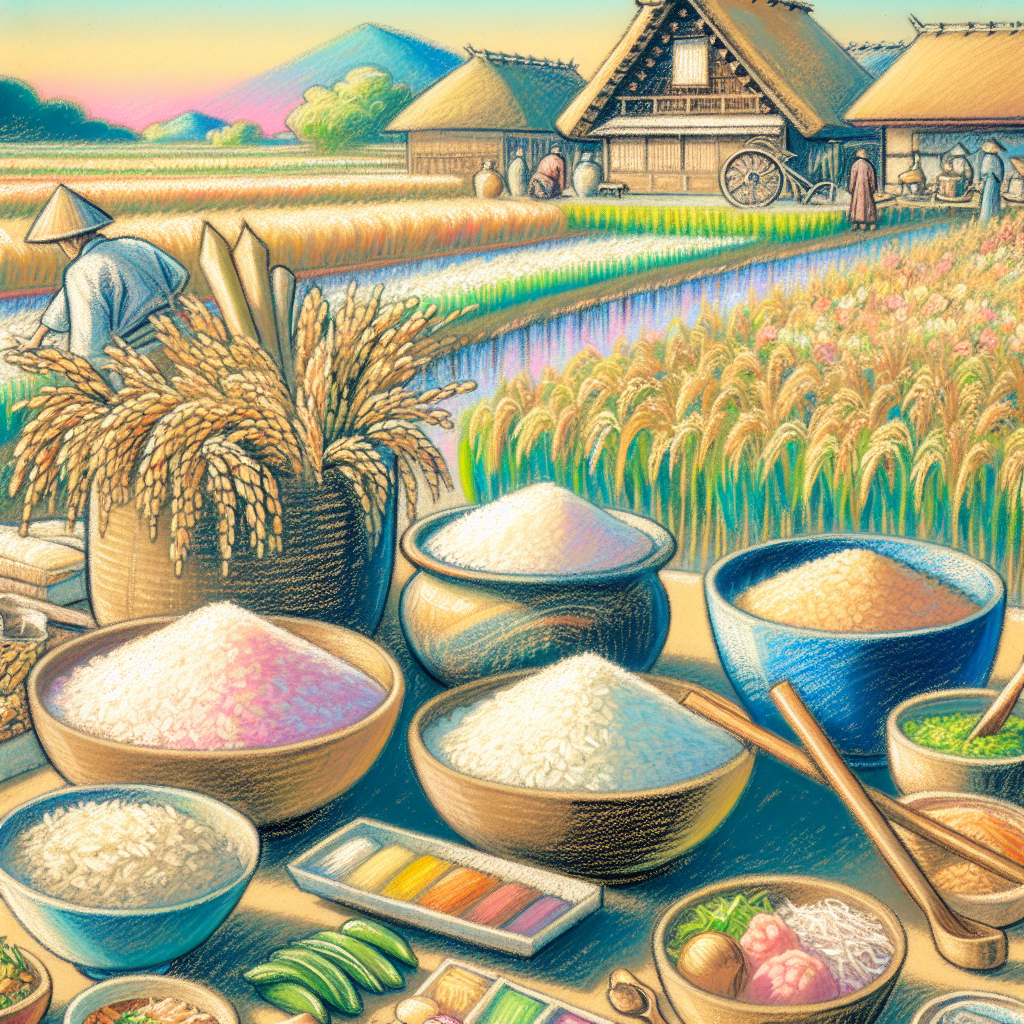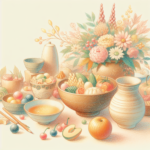The Sacred Role of Rice in Japanese Culinary Practices
Introduction: The Importance of Rice in Japanese Culture
In Japanese culture, rice transcends mere sustenance; it embodies spirituality and tradition. A staple in the Japanese diet, rice is deeply ingrained in daily life and intricately linked to various rituals and celebrations. Its role goes beyond being a simple source of nutrition, representing multiple, profound meanings. This article delves into the historical background, cultural significance, and modern implications of rice in Japanese cuisine.
The History and Origins of Rice in Japan
Japan’s rice cultivation boasts a rich history that dates back to around 300 B.C. Over the years, rice farming spread throughout the archipelago. During this period, rice was not only viewed as a food source but also as a symbol of agriculture. The harvest rituals celebrated the bounty of rice crops, reflecting a deep cultural reverence. Moreover, during the Warring States period, rice played a crucial role in warfare—not just as soldiers’ sustenance, but as an economic foundation. Thus, rice has always held significant importance in the historical tapestry of Japan.
Rice and Shinto: The Religious Dimension
The significance of rice cannot be separated from its religious dimensions, particularly within Shinto and Buddhism. In Shinto beliefs, rice is a sacred offering to deities, making it an indispensable part of harvest festivals and rituals. Offering “new rice” is a profound act of gratitude. Additionally, traditional Japanese dishes like onigiri—rice balls—carry spiritual weight and symbolism. At shrines, rice is treated with great reverence, underscoring its deep connection to Japan’s spiritual culture.
The Role of Rice in Japanese Cuisine
In Japanese cooking, rice occupies a fundamental and central role. It is nearly always present on the daily dining table. Even when prepared simply, its flavor is exceptional. Moreover, rice acts as a vital element in achieving balance within various dishes. For example, in sushi, rice quality and cooking technique significantly influence the overall taste of the meal. This further underscores the pivotal role that rice plays in Japanese cuisine.
Modern Rice Culture and Future Implications
Recent years have witnessed a transformation in rice consumption due to growing health awareness and the influx of diverse culinary influences. The internationally popular “rice bowl” and the broader Asian food culture are prompting a reevaluation of traditional Japanese dietary habits. Additionally, there is increasing recognition of rice as a fermented food ingredient, with products like sake, miso, and soy sauce gaining attention for their significance. This trend opens new avenues for rice consumption, enhancing culinary diversity in Japan.
Conclusion: The Future of Rice and Our Role
Rice remains a vital element interwoven into the fabric of Japanese food culture, spirituality, and economy. Its importance endures in contemporary society, urging us to consciously appreciate its value in our daily diets. Striking a balance between honoring tradition and fostering new rice culture serves as a critical message for future generations. Through collective recognition of rice’s significance, we can pave the way for a sustainable future for Japan’s rice culture.
By exploring the multifaceted nature of rice in culture and cuisine, one can better understand its essential role in nurturing both body and soul. Embrace this knowledge and take a step towards appreciating rice not just as a food source, but as a cultural touchstone that binds past and future.


